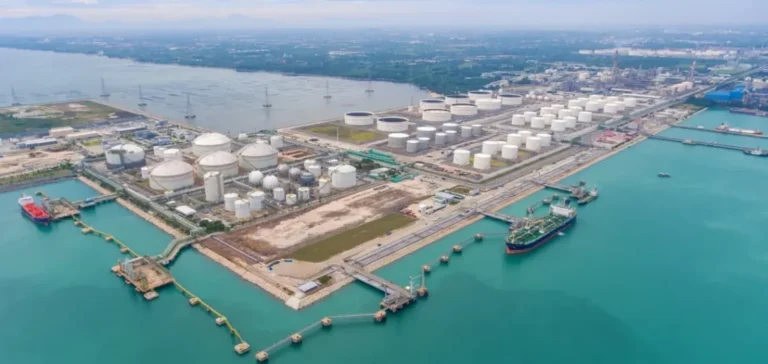Chinese independent refineries, primarily located in Shandong province, may increase their imports of fuel oil in response to an expected rise in tax deductions for this raw material. This decision comes as these facilities, often referred to as “teapots,” seek to offset the constraints of limited crude oil import quotas allocated by Chinese authorities. According to industry sources, six pilot refineries have already been identified to initially benefit from these new fiscal provisions. The deduction rate applied to fuel oil used as feedstock for refining could thus increase significantly.
Expected increase in tax deductions
Currently set between 50% and 70%, the tax deduction rate could rise by 20 to 25 percentage points for selected refineries. Facilities currently benefiting from a rate around 50% could see the most significant increases, while those close to the current maximum rate could experience smaller rises. Such a tax adjustment would reduce the net cost of imported fuel oil, enhancing its economic attractiveness to refiners facing limited margins. However, no official date for the implementation of these changes has yet been provided by local tax authorities.
According to recent data from industry consultancy JLC, Chinese independent refineries continue to operate at relatively low levels. The average capacity utilization rate in Shandong province was 48.51% at the end of June, highlighting the current economic difficulties. These utilization rates are closely linked to the weak refining margins observed, which restrict the operational capacities of independent refineries.
Imported fuel oil as a strategic alternative
As the crude oil import quotas granted by the Chinese government are often insufficient to meet the annual needs of independent refineries, importing fuel oil emerges as a strategic alternative. Nevertheless, despite a possible increase in tax deductions, some facilities remain cautious about the actual economic benefit, particularly if deduction rates remain below the maximum threshold of 100%. A source based in Dongying points out that even a substantial increase may not be sufficient to encourage all refineries to massively resume fuel oil imports.
Between January and May this year, Chinese fuel oil imports by independent refineries fell to 1.55 million metric tons, marking a 78.5% annual decline. This reduction is primarily due to relatively high consumption taxes, significantly reducing the economic competitiveness of imported fuel oil compared to the previous year.
Stability of Russian fuel oil market
In this context, the Russian M100 fuel oil market remains stable, with prices consistently showing a discount of around 20 to 25 dollars per metric ton compared to the Mean of Platts Singapore (MOPS) reference for 180 CST (centistokes) heavy fuel oil. Although some market participants have shown potential interest in these imports, actual transaction volumes remain limited.
Thus, the scenario of increased fuel oil imports remains dependent on the magnitude of anticipated fiscal changes, leaving independent refineries carefully evaluating potential economic benefits according to regulatory developments.






















